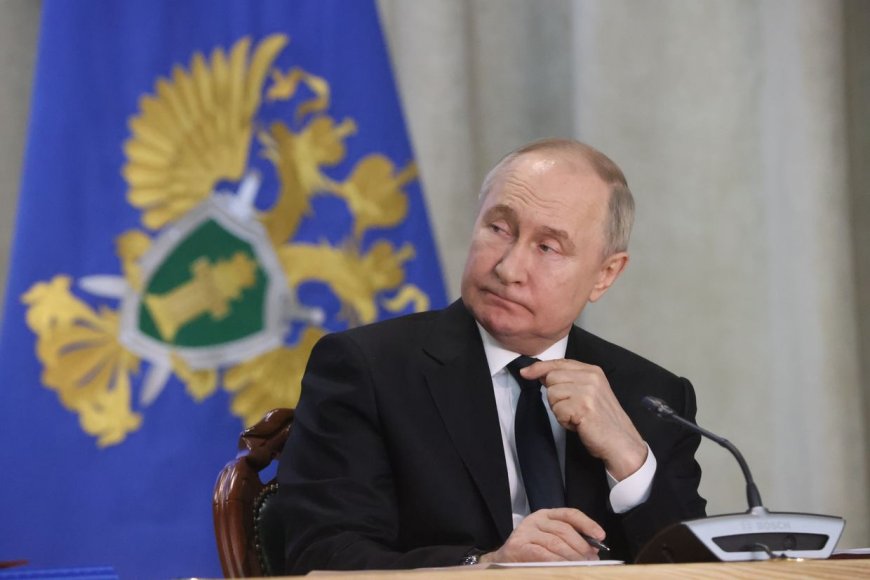Russia Utilizes Cryptocurrency to Evade Western Sanctions in Oil Trade: Reuters
Russia Utilizes Cryptocurrency to Evade Western Sanctions in Oil Trade: Reuters

Although fiat currencies are still the main payment method, cryptocurrencies are gaining traction as a flexible and convenient option for transactions.
Key Points:
- Russian oil firms are allegedly utilizing Bitcoin, Ether, and USDT to exchange Chinese yuan and Indian rupees for roubles.
- Cryptocurrency transactions represent a small yet increasing portion of Russia’s $192 billion oil trade.
- Conventional currencies, such as the UAE dirham, continue to be the primary payment method.
Russia is increasingly using cryptocurrencies to conduct oil trade with China and India, circumventing Western sanctions, according to sources cited by Reuters.
The country has been gradually expanding its involvement in crypto. This week, the Bank of Russia proposed a three-year experimental legal regime (ELR) that would permit a select group of Russian investors to trade digital assets.
Certain Russian oil companies utilize bitcoin, ether, and stablecoins like Tether (USDT) to convert payments in Chinese yuan and Indian rupees into roubles, according to Reuters. These crypto transactions make up only a small portion of Russia’s overall oil trade.
Similarly, other sanctioned nations, such as Iran and Venezuela, have turned to cryptocurrencies to sustain trade while reducing dependence on the U.S. dollar, the primary currency in global oil markets.
Russia has established multiple payment systems to circumvent sanctions, with crypto being just one of several tools in use. Fiat currencies remain the dominant method for oil transactions, with alternatives including the United Arab Emirates dirham, according to Reuters.
Even if sanctions were lifted, Russia would likely continue using crypto in oil trades due to its convenience and flexibility. Meanwhile, the country is working to involve its largest banks in supporting a digital ruble for both retail and commercial transactions.
The Bank of Russia previously stated in 2021 that a ruble-backed central bank digital currency could serve as a potential tool against sanctions.
What's Your Reaction?
 Like
0
Like
0
 Dislike
0
Dislike
0
 Love
0
Love
0
 Funny
0
Funny
0
 Angry
0
Angry
0
 Sad
0
Sad
0
 Wow
0
Wow
0






































































